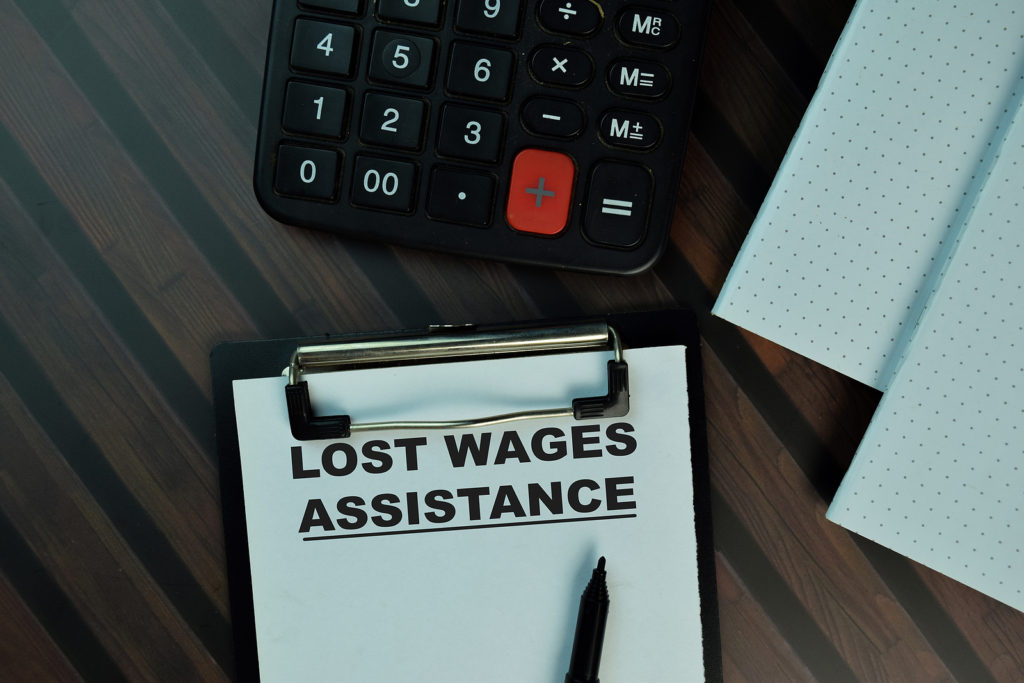There are many types of damages and losses a personal injury victim can incur as a result of their accident and subsequent injuries. But one of the most common types of losses experienced by accident survivors is lost wages. When a person is seriously injured, they often lose time at work due to frequent hospital or doctors’ visits, or miss work entirely because they are unable to perform their work duties. Without a steady paycheck, accident victims then go on to suffer other types of financial losses, such as house bills and car payments.
For this reason and more, it is important for wrongfully injured victims to recover the full and fair compensation they rightfully deserve, including damages for lost wages. A personal injury lawyer can help you obtain the maximum settlement or verdict for your accident claim if you lost past, current, or future earnings as a result of another’s negligence.
Continue below to learn more about lost wages, including how to prove them in a personal injury case and where to find skilled personal injury representation near you.

Recovery After an Accident
Because injuries vary so greatly, so does the spectrum of recovery times. One person might recover within a few weeks, and able to return to work while they finish healing, while another person might spend years in recovery. Some personal injury victims never fully recover and lose their ability to work altogether. In all cases and scenarios, wrongfully injured victims deserve to be compensated for their lost income, as well as a wide range of additional damages, such as medical expenses, hospital bills, pain and suffering, mental and emotional anguish, permanent or partial disability, and much more as it pertains to the case.
Types of Lost Wages and Proving Them
There are various types of earnings a personal injury victim can lose out on, whether the victim is the actual injured person or a spouse or family member. The most common types of lost wages awarded in personal injury cases include hourly wages, overtime, sick leave, vacation days, bonuses, company perks, and benefits (i.e. insurance, social security, pension, etc.).
With so many kinds of wages paid to injured workers, it is necessary to prove such incomes with concrete evidence. The most common pieces of evidence used to prove a victim’s lost wages include pay stubs, tax documents, W2’s, a letter from the employer verifying a worker’s wages, a doctor’s note stating an employee cannot work, medical records, expert testimony, and basic data about their work schedule and weekly hours. If a victim is self-employed, their business’s banking records would be presented.
Future Lost Wages
Not only can personal injury victims possibly collect compensation for past and current lost wages, but they may also qualify to collect compensation for future lost earnings as well. This type of personal injury claim is referred to as a loss of potential to earn, and is often awarded in personal injury cases when a victim’s injuries are sustaining, rendering them unable to work for the foreseeable future. They are compensated for all projected future earnings, including pay raises, promotions, bonuses, overtime, and benefits.
Do you want to learn your eligibility for collecting compensation for lost wages after being wrongfully injured in an accident? Contact the accident attorneys at Craven, Hoover, and Blazek P.C. at 317-881-2700 to schedule a free case evaluation with a seasoned personal injury lawyer in Indianapolis, Indiana.
You Might Also Like:
Can I Recover Compensation for Lost Wages After My Personal Injury Accident?
How to Recover Lost Wages After Suffering a Personal Injury in Indiana
Will I Be Compensated for PTO and Sick Days in My Personal Injury Claim?

